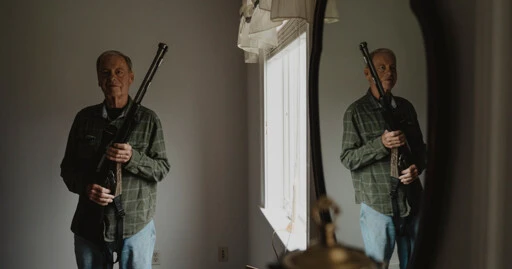Gun Lobbyists and Cambridge Analytica Weaponized Gun Owners’ Private Details for Political Gain
Gun Lobbyists and Cambridge Analytica Weaponized Gun Owners’ Private Details for Political Gain
Gun Lobbyists and Cambridge Analytica Weaponized Gun Owners’ Private Details for Political Gain

- Electing Trump: In 2016, the gun industry shared data about firearms owners and others with Cambridge Analytica to help elect Donald Trump and keep a Republican majority in the Senate.
- Legal Worries: The gun industry and Cambridge tried but failed to get more customer data, records show. One gun seller worried about possible government investigations.
- Profiling Gun Owners: Cambridge used the industry’s data to create behavioral profiles of people who had bought guns and other potential voters and then targeted them with specific ads.
...
In 2016, as part of a push to get Donald Trump elected president for the first time and to help Republicans keep the Senate, the NSSF [National Shooting Sports Foundation] worked with the consultancy Cambridge Analytica to turbocharge the information it had on potential voters. The U.S. subsidiary of a London-based firm, which would later go out of business amid a global scandal over its handling of confidential consumer data, Cambridge matched up the people in the database with 5,000 additional facts about them that it drew from other sources.
The details were far-ranging and intimate. Along with the potential voters’ income, debts and religious affiliation, analysts learned whether they liked the work of the painter Thomas Kinkade and whether the underwear women had purchased was plus size or petite.
Cambridge analysts ran the enhanced data through an algorithm to create psychological profiles that allowed for more incisive targeting. Potential voters were assigned one of five personality groups: risk-takers, carers, go-getters, individualists and supporters. Each got a tailored message. Risk-takers were viewed as highly neurotic and susceptible to ads that pricked their fears, Cambridge records show. Go-getters, on the other hand, would respond better to messages of optimism and the promise of a better future.
...